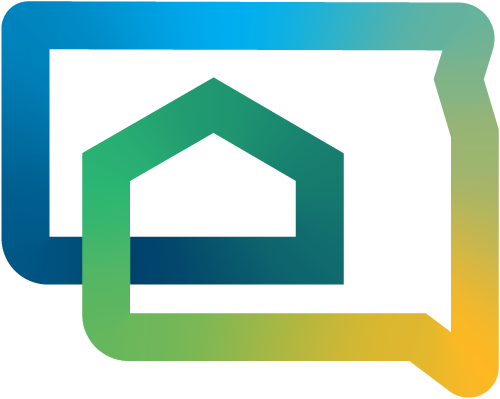Why First-Time Homebuyers Should Get Prequalified
Becoming a first-time homebuyer is an exciting and significant milestone in one's life. It's a dream that many aspire to achieve, and with careful financial planning, it's a goal that can become a reality. Planning and preparing your finances carefully is essential to set yourself up for success. We've provided some actionable next steps for preparing to buy your first home.
1. Establish a Clear Budget
Before looking at homes or speaking with lenders, create a comprehensive budget outlining your current financial situation. List all your sources of income and expenses to understand how much you can comfortably allocate to housing costs. Your budget should include your mortgage payment, property taxes, insurance, utilities, and maintenance costs. A clear budget will help you set realistic expectations and prepare yourself financially.
2. Improve Your Credit Score
Your credit score plays a crucial role in determining your eligibility for a mortgage and the interest rate you'll receive. A higher credit score means lower interest rates, saving you money on your loan in the long run. Begin by reviewing your credit report, correcting any errors, and paying down outstanding debts. Paying bills on time and reducing credit card balances can also boost your score over time.
3. Save for a Downpayment
Saving at least 20% of the home's purchase price for a downpayment is a wise financial move that not only improves your eligibility for more favorable mortgage terms but also establishes a solid foundation for long-term financial stability and successful homeownership.This also reduces your monthly mortgage payments and might remove the need for private mortgage insurance, which can increase your monthly costs. South Dakota first-time homebuyers can purchase a new home with just 3% or no downpayment using mortgage assistance programs. SD Housing also has downpayment assistance programs you can utilize.
4. Create an Emergency Fund
Owning a home comes with unexpected expenses, such as repairs and maintenance. To avoid financial strain when these expenses arise, establish an emergency fund. Your emergency fund should ideally cover at least three to six months of living expenses. This safety net will provide peace of mind and ensure you can continue making mortgage payments even in challenging times.
5. Get Pre-Approved for a Mortgage
Before you start house hunting, you should get pre-approved for a mortgage. You provide your financial documents to a lender. The lender then examines your financial situation and provides a letter indicating the amount you can borrow. Having pre-approval helps you understand your budget and makes you a more attractive buyer to sellers.
6. Research Mortgage Options
There are various types of mortgages available, each with its own terms and conditions. Take the time to research different mortgage options, such as fixed-rate mortgages, adjustable-rate mortgages, government-backed loans, and conventional loans. Understand the advantages and disadvantages of each type and choose the one that best aligns with your financial goals and circumstances.
7. Factor in Closing Costs
Don't forget to account for closing costs when budgeting for your home purchase. These costs typically include fees for the appraisal, inspection, title insurance, and legal services. Closing costs can add up to several thousand dollars, so having the funds set aside for them is essential.
8. Seek Professional Guidance
Navigating the complex world of real estate and mortgages can be daunting for first-time homebuyers. Consider working with a qualified real estate agent and a mortgage lender to guide you through the process. They can provide valuable insights, help you find suitable properties, and assist with securing the right mortgage for your needs.
9. Plan for Long-Term Financial Stability
Homeownership is a long-term commitment, so planning for your financial future is important. Consider how your home purchase fits into your overall financial goals, including retirement savings, education funds for children, and investments. A good financial plan will help you buy a home and establish a strong financial base for the future.
Create your homebuying goals and contact a lender to start the first-time homebuyer process. Being patient and disciplined with your finances will eventually lead to the benefits of owning a home without unnecessary stress.











